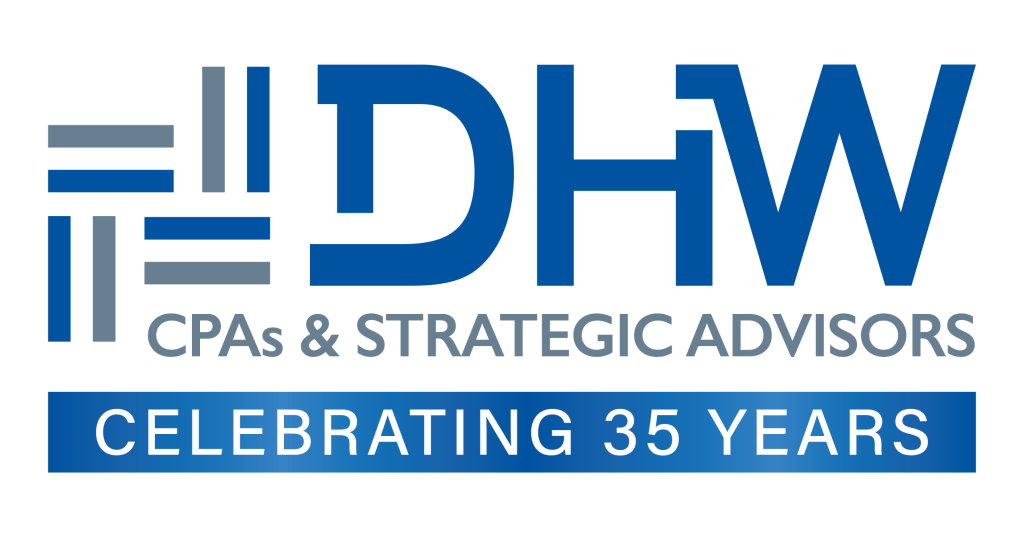Retirement plans and financial planners may be facing many questions when it comes to the economic outlook for 2022. After two years of uncertainty due to the COVID-19 pandemic, wild economic swings and political divisions, 2022 is shaping up to have its own set of complexities and challenges.
Individuals are looking for certainty or, at the very least, clarity when it comes to their retirement funds and assets under management. Here’s a look at the major issues we see facing investment decisions and planning in 2022.
Inflation Is the Story of the Year
Inflation is, unfortunately, the story of the year in early 2022. In January, the U.S. Department of Labor reported that the consumer price index jumped seven percent in 2021. That leap was the most significant 12-point gain in 40 years. Among the hardest hit components were food and energy.
Against that backdrop, consumers and businesses alike faced mounting supply chain issues that have not gone away, leading to delayed arrivals of goods and rising prices as some commodities grew far scarcer in late 2021 and into early 2022.
The price hikes on everything from meat to gas to electronics really impact clients and their retirement funds. For those on defined contribution plans, price hikes equate to paychecks that fail to go as far as they did a year ago. That means that some participants experiencing a challenge in covering living expenses may opt to lower plan contribution rates to boost the amount of take-home pay.
A large number of participants may choose to stop contributing entirely. That move could change a plan’s fee structures, while price increases could lead to more hardship withdrawals and loans from plans. Plan sponsors may also consider if financial wellness plans that have been common in many organizations address participants’ valid inflationary concerns.
Labor Shifts Require New Strategies
Call it the ‘Great Resignation,’ the shift to working from home, the rise of the gig economy, or a holdover from the pandemic-induced economic woes. Whatever it’s called, there has been a decided shift in the labor market. There have been massive changes, with millions of Americans leaving the workforce each month.
That has created a challenging labor market in many industries, forcing companies to rethink how they recruit and retain talented employees. Employers need to aggressively reconsider the strategies used for talent and company culture. Employees are simply staying on the sidelines or being choosy.
What might that mean? Employers may want to consider more flexible work hours, better retirement benefits and more generous matching contributions, assistance with childcare and parental family leave policies, shorter workdays, more holidays or flex time, stipends for remote work, and referral and retention bonuses.
Cybersecurity a Growing Worry
Last year, the Labor Department issued guidance for the first time on best practices for cybersecurity for fiduciaries, recordkeepers, and participants. The move comes in the wake of several years of growing capricious attacks that have crippled computer systems and led to companies and agencies paying massive ransoms to release hijacked data.
The department has asked for multiple documents related to cybersecurity procedures for retirement plans, including data security practices, plans, and relationships with service providers, including advisors, attorneys, and investment managers.
Plan Sponsors need to be vigilant about their approach to cybersecurity in 2022. That means following the Department of Labor’s guidance and gauging how prepared they are. A key component is to look at their service providers’ policies around the sharing and cross-selling of data and review providers’ SOC1 reports.
With economic uncertainty, midterm elections, continuing health crises, and the ever-present threat of international instability, 2022 is shaping up to be another challenging year for Retirement Plans and investment managers.
For questions or inquiries about employee benefit plans for your business, please contact Melissa Shronce at (828)322-2070 or melissa@dhw.cpa

